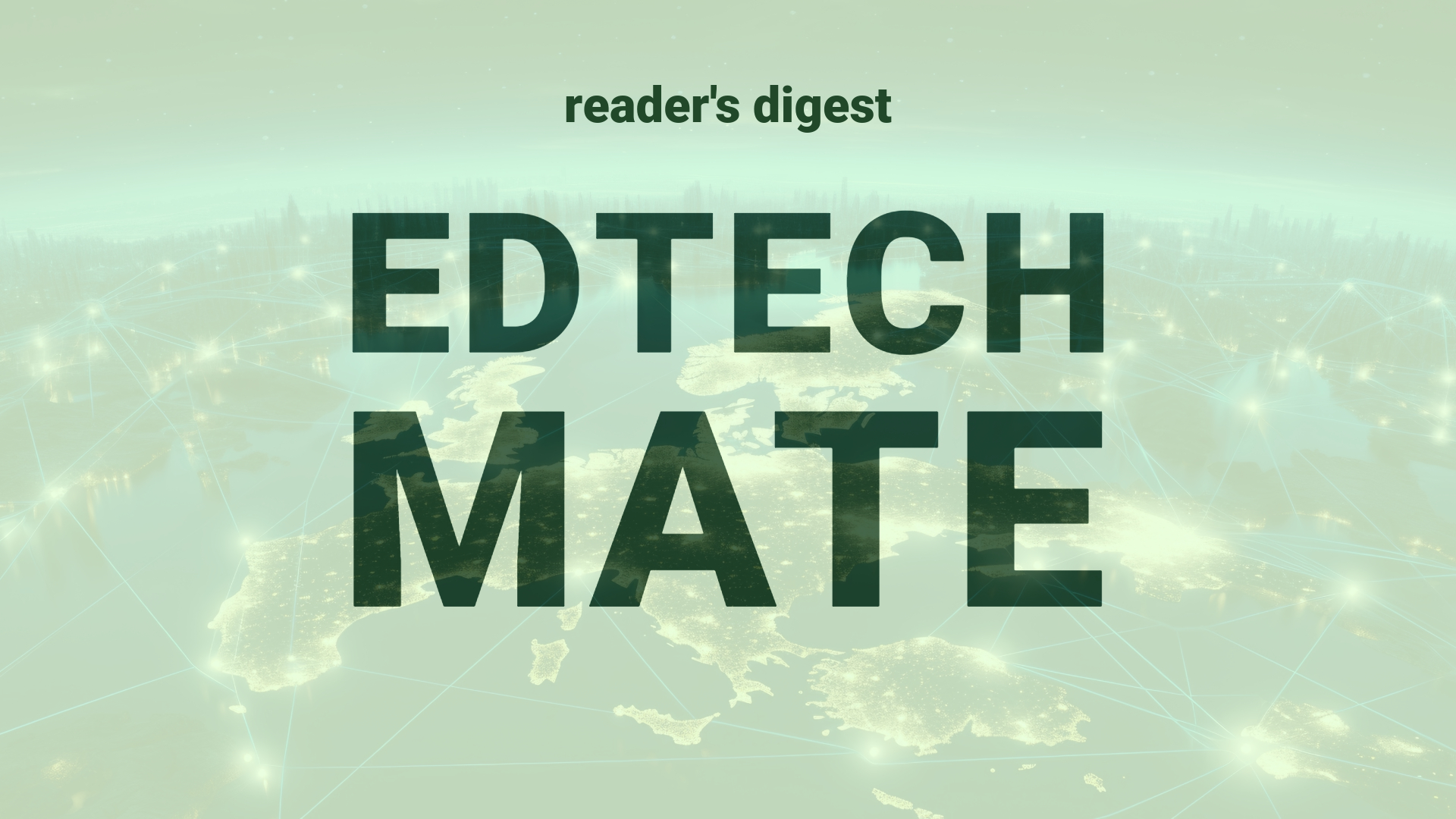Executive Summary and Main Points
The innovative ‘Fishery Cultivation Project’ spearheaded by Kura Sushi has shown significant advances in sustainable fishery practices since 2010. Through ‘whole boat purchasing’ agreements with various fishing ports and the ‘Natural Fish Project,’ Kura Sushi has ventured into ‘aquaculture’ of juvenile fish aiming at mature fish of higher market value. The company’s involvement in the seafood industry has allowed it to embrace AI technology in ‘smart aquaculture’ systems, potentially transforming supply chain stability and quality control within the global seafood market in the context of international education on such innovative practices.
Potential Impact in the Education Sector
The developments could redefine Further Education, Higher Education, and Micro-credentials by providing case studies on sustainable business practices, strategic partnerships, and smart technology utilization. Kura Sushi’s engagement with the fishing industry and incorporation of AI aligns with advocacy for interdisciplinary curriculum designs, teaching sustainable ecosystems management alongside technological literacy. Furthermore, the use of AI in aquaculture could lead to collaborative research and development opportunities.
Potential Applicability in the Education Sector
Innovative applications within global education systems could include immersive experiential learning modules based on Kura Sushi’s aquaculture and smart farming methods. AI-driven data analysis for resource management could be integrated into environmental sciences and business courses. Additionally, digital tools such as remote feeding systems can be utilized for real-time global collaborations and field studies, providing hands-on learning experiences remotely.
Criticism and Potential Shortfalls
Despite the technological breakthroughs, critical analysis might point towards potential risks, such as over-reliance on AI, leading to skill erosion among traditional fishery workers. There may also be ethical and cultural implications associated with technological interventions in natural ecosystems. Comparative case studies from the international perspective should be conducted to gauge the success and reproducibility of such models across different cultural and regulatory frameworks.
Actionable Recommendations
For current or future projects, educational leaders should consider integrating AI and smart technologies within curriculum content and research. This could involve industry-academic partnerships fostering innovation labs and incubators to support sustainable practices. Exchange programs centered on environmental stewardship and smart technology could be established to prepare students for a digitally-driven global job market.
Source article: https://www.cio.com/article/2076225/%E3%80%8C%E3%82%B9%E3%83%9E%E3%83%BC%E3%83%88%E9%A4%8A%E6%AE%96%E3%80%8D%E3%81%A7%E6%BC%81%E6%A5%AD%E3%82%92%E5%A4%89%E3%81%88%E3%82%8B%E3%81%8F%E3%82%89%E5%AF%BF%E5%8F%B8%E3%81%AEai%E6%88%A6%E7%95%A5.html

